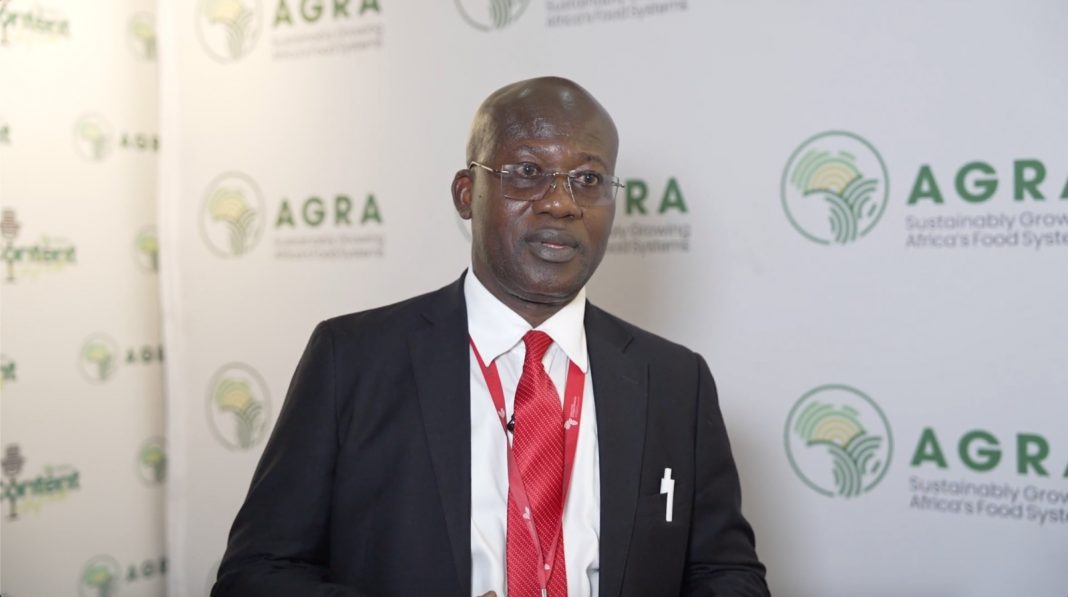The push to attract more youth to engage in agriculture can yield significant benefits, provided that ample opportunities for them to embrace sector-related innovations are made available, said a seasoned Ghanaian geneticist.
Prof Eric Danquah, the founding director of the West Africa Centre for Crop Improvement and former director of the Biotechnology Centre at the University of Ghana, said in an interview that smart youth can only join the agriculture sector if they see opportunities.
In the age of technological development, the youth are the champions of innovations that shape different economic activities.
“We want the youth to go into agriculture, but they won’t go if there are no opportunities,” said Prof Danquah.
According to the geneticist, funding of research and development is key as a way of developing innovations that will draw the youth into agribusiness.
“The first thing we must do is to ensure that there are opportunities that the youth can take up. So, you get back to the research institutions and empower them to develop the innovations that will create opportunities for the youth entering the agrispace. It’s only then that you will find the youth coming into the agriculture sector to take up the innovations and then translate the ideas into businesses that impact the people,” he said.
Funding the value chain
Prof Danquah also emphasized the importance of funding the whole value chain to create a network of actors who work together.
“You cannot leave any part of the value chain out. Remember that if you don’t fund research, there will be innovations for the youth to take up. So, there must be a network of actors working together to fix the system,” he noted, adding that more investment is needed in plant breeding capacity, seed systems and the value chains.
According to him, African universities were not part of the national agenda, causing a disconnect and therefore failing to meet the expectations.
“It’s important for African governments to understand that there must be harmony by making sure that all strategies include the research institutions working with universities and the private sector so that together they can innovate. It should be a one research agenda with an inclusive programme which allows all of them to sit together on the table to brainstorm on how they should approach issues.”
The governments must therefore set priorities, invest, and then deliver through the network of scientists and the various networks of actors in the value chain who can contribute to meeting the expectations of farmers.
The productivity of farmers can also be accelerated by giving them improved seed varieties developed by African scientists in the local context.
Prof Danquah shared an example of Ghanaian maize varieties developed by looking at drought, diseases and pests – the challenges which increase with climate change.
“Agriculture is all about good seeds. Without good seeds, farmers cannot get the expected yields,” he said.
“What we look for around the world has been about using the best approaches to develop new varieties for farmers. What we have done is to focus on hybrid seeds breeding which give about nine to 11 tonnes per hectare which are now in farmers’ hands. Farmers normally don’t get up to one tonne per hectare in the fields. So, if you can empower them with such yielding varieties which are also resilient and resistant to diseases, they will get the kind of yields that are expected,” he said.
According to Prof Danquah, the hybrid maize seeds can produce up to six tons per hectare even in the harsh northern Ghana environment.
West Africa Centre for Crop Improvement
